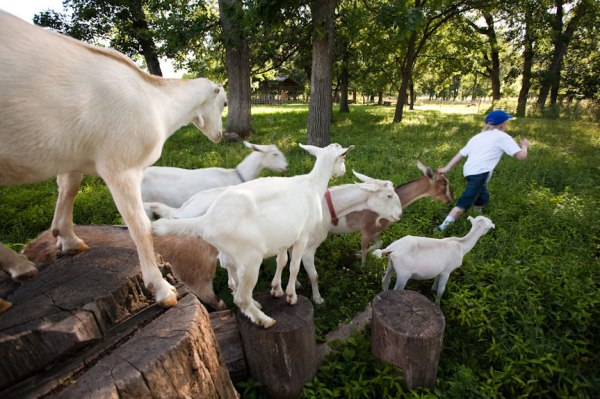Farm Bill Round-Up
Over the last few days, the 2014 Farm Bill has come to some resolution after over 2 years of debates stalled progress. Guided by Reps. Frank Lucas (R-Okla.) and Collin Peterson (D-Minn.) and Sens. Debbie Stabenow (D-Mich.) and Thad Cochran (R-Miss.), the bill was passed by a vote of 251 to 166 in the House with the Senate voting next week. The bill comes with a $8.6 Billion proposed cut to the Food Stamps program that will result in about “850,000 households will lose about $90 in monthly benefits under the change” according to an article in the New York Times. They continued to explain: “The bill does provide a $200 million increase in financing to food banks, though many said the money might not be enough to offset the expected surge in demand for food.”
SF Gate reported that “Companies and individuals in agriculture made about $93 million in campaign donations during the 2012 presidential campaign and have given $20 million so far in 2014 congressional races.” According to the Center for Responsive Politics, there were 350 lobbyists registered to work on this bill – making it one of the highest rates of any single bill. Food manufacturers were lobbying hard to repeal on the Country of Origin Labling regulation according to Politco: “Six of the most powerful meat and poultry groups — including the American Meat Institute, National Chicken Council and National Pork Producers Council — wrote to farm bill conferees hours before the final language was released, warning them that they will “actively oppose” final passage of the farm bill if it fails to include a resolution on COOL.”
In terms of agriculture specifically, the biggest development is the end to “direct payment” subsidies and a new formula that will help farmers calculate risk of crop failure and subsidies that will form what the American Soybean Association called a “flexible farm safety net” in their interview with an insurance industry website.

